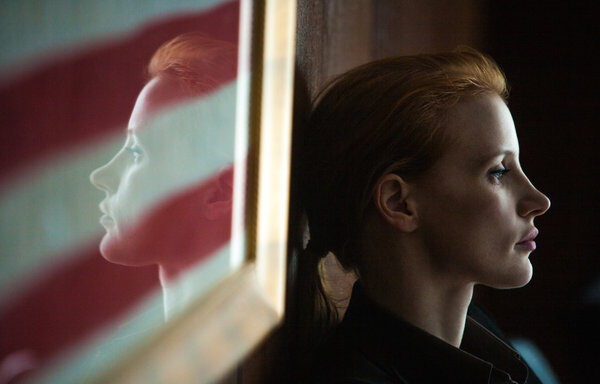Like Someone in Love (2012) [The Criterion Collection] – Dual-Format Edition
***½/**** Image A+ Sound A Extras B+
starring Rin Takanashi, Tadashi Okuno, Rio Kase, Denden
written and directed by Abbas Kiarostami
by Angelo Muredda Few filmmakers know how to put you on your guard from the first frame as effectively as Abbas Kiarostami. It's clear enough that Like Someone in Love opens in a bar in Tokyo, but it's harder to say at first what we're looking at and why. The closest voice we hear belongs to the off-camera Akiko (Rin Takanashi), a young woman who's a little too preoccupied with lying her way out of a hostile phone conversation to process the flat image of well-dressed young revellers in front of her. Whether she's our lead takes a couple of false tries to figure out. Our first candidate is a redhead around her age, sitting at a table off to the side until she suddenly relocates to an empty seat in the foreground, coaching Akiko through the rest of her call until she relinquishes her spot moments later to a fortysomething man who speaks to both women with first the familiarity of a parent, then the condescension of a high-end pimp directing his employees. Somewhere in-between these encounters, we briefly lose track of who's even doing the looking. Akiko waltzes into our field of vision on the way to the bathroom, the camera fixed at where her eyeline used to be after she's vacated her seat, as if holding her place until she gets back.


